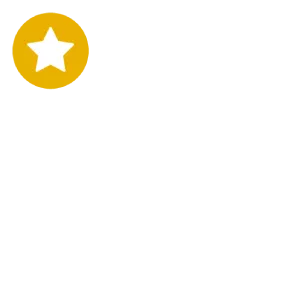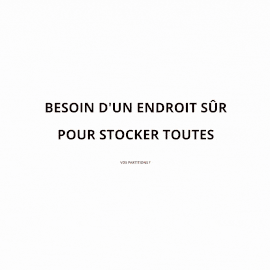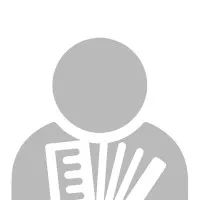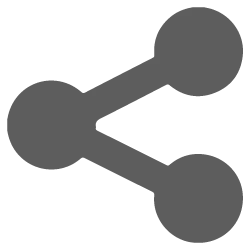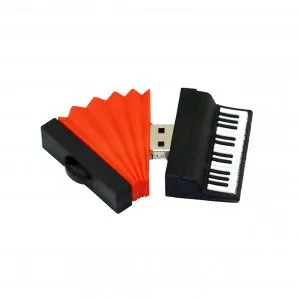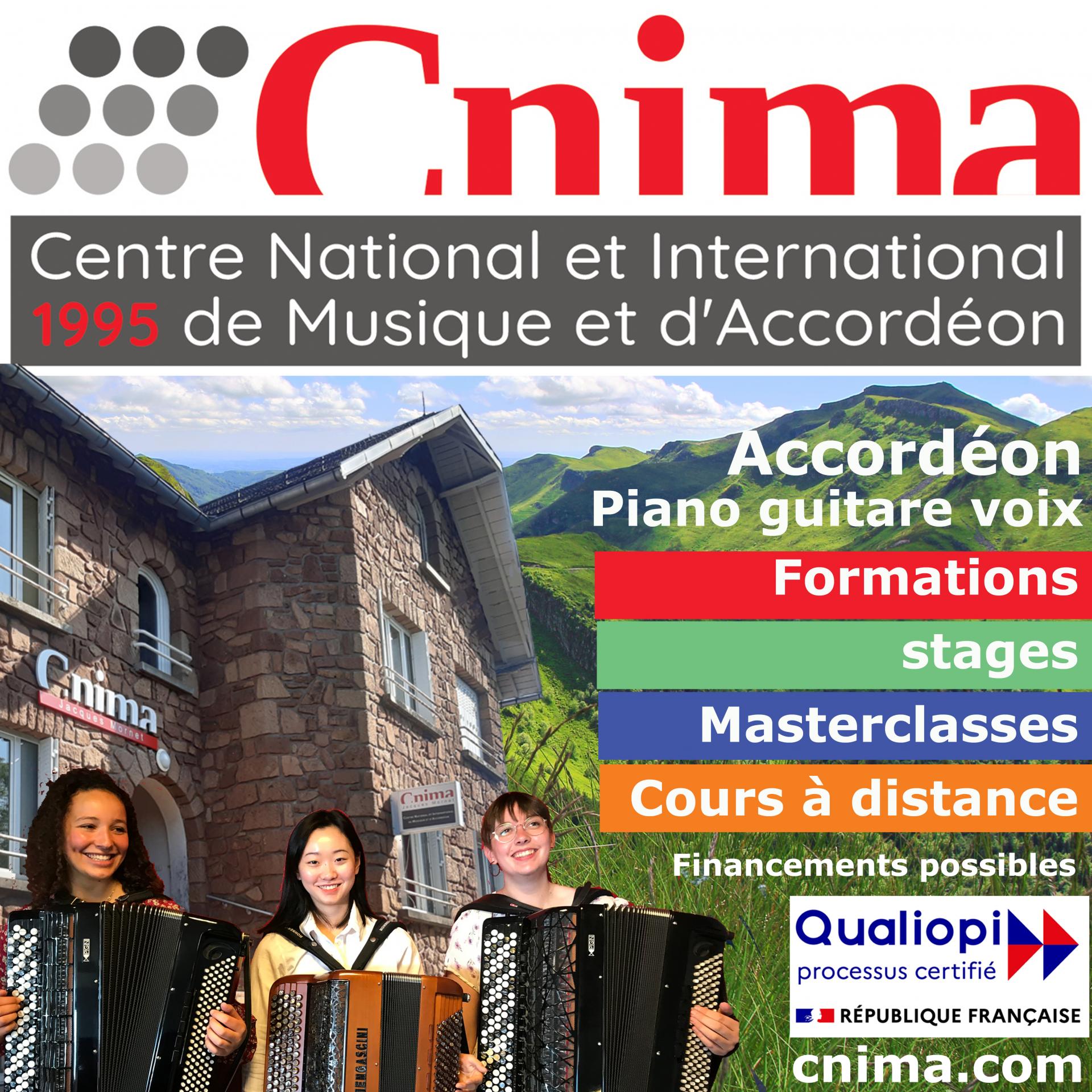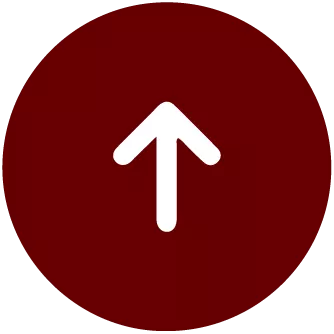Hi friends, I subscribed some time ago to Accordion Scores, today I pass by here to satisfy a curiosity, if someone is able to inform me how it happens on the page in relation to the authors of the available scores, do they receive a monetary value for each of their scores published on the site, how it happens... I am not an author, simply I like to be informed. Hélder Barracosa.
2
Replies
yoyodu77
11/10/2018
Hello
A work falls into the public domain ...70 years after the death of all the people who participated and who are mentioned in the declaration form of a work to a copyright management organization (do not confuse the lyricist and the word author).
To know it, it is necessary to question one by one all the data bases of the companies which are supposed to manage the rights ...like SACEM ...SUISA ...GEMA ...SODRAC ...SIAE ....etc .
To simplify a little there is a site which makes a little world data base http://www.iswc.org/ (choose the French section) and for the USA it is ASCAP https://www.ascap.com/ (you have to click first in the search box to reveal the forum)
All that has been written above ... only concerns the copyright ....
There is also ...the moral right ...... see what is happening right now with - the Hallyday affair -
And there ...thing ...very very important ...there is the - graphic right -
If a composer ..scribbles on music paper ..a song ..all the copies of his music sheet concern HIM ..and therefore will fall in the public domain 70 years after his death ...
On the other hand ... if this musician decides to have his scribble published ... it thus becomes a musical score ...which was realized by a - copyist - according to a schedule of conditions of the editor (number of sheets - size of the letters - color - photo of cover or drawing, etc (and all the graphic protections which do not jump to the eyes (distance between two quite precise notes - a light voluntary defect of color on a note... and there is a packet of protections (which does not prevent much for the moment)...
And thus ... the commercial score ... that which is published and sold in a commercial circuit (wholesaler - retailer) is subjected on the one hand to the royalties ... (the creative people validate or not the result of the score) ... and the publisher has thus for him the GRAPHIC RIGHT ... and in this case the score will fall in the public domain only when the publisher will be deceased and that its goodwill will be sold and not taken again by another publisher ...
This explains why practically all classical scores are still subject to graphic rights, because most often an arranger has put his or her mark on them and a publisher ensures their exclusive sale, and his or her heirs watch over them.
So I think I've covered it all.
And all works, whether they are scribbles or commercial scores, MUST be mentioned on the declaration sheet when the work it represents is performed in front of an audience (whether it is in a free or paying ball, it is the same) outside your home and family circle.
Yoyodu77
A work falls into the public domain ...70 years after the death of all the people who participated and who are mentioned in the declaration form of a work to a copyright management organization (do not confuse the lyricist and the word author).
To know it, it is necessary to question one by one all the data bases of the companies which are supposed to manage the rights ...like SACEM ...SUISA ...GEMA ...SODRAC ...SIAE ....etc .
To simplify a little there is a site which makes a little world data base http://www.iswc.org/ (choose the French section) and for the USA it is ASCAP https://www.ascap.com/ (you have to click first in the search box to reveal the forum)
All that has been written above ... only concerns the copyright ....
There is also ...the moral right ...... see what is happening right now with - the Hallyday affair -
And there ...thing ...very very important ...there is the - graphic right -
If a composer ..scribbles on music paper ..a song ..all the copies of his music sheet concern HIM ..and therefore will fall in the public domain 70 years after his death ...
On the other hand ... if this musician decides to have his scribble published ... it thus becomes a musical score ...which was realized by a - copyist - according to a schedule of conditions of the editor (number of sheets - size of the letters - color - photo of cover or drawing, etc (and all the graphic protections which do not jump to the eyes (distance between two quite precise notes - a light voluntary defect of color on a note... and there is a packet of protections (which does not prevent much for the moment)...
And thus ... the commercial score ... that which is published and sold in a commercial circuit (wholesaler - retailer) is subjected on the one hand to the royalties ... (the creative people validate or not the result of the score) ... and the publisher has thus for him the GRAPHIC RIGHT ... and in this case the score will fall in the public domain only when the publisher will be deceased and that its goodwill will be sold and not taken again by another publisher ...
This explains why practically all classical scores are still subject to graphic rights, because most often an arranger has put his or her mark on them and a publisher ensures their exclusive sale, and his or her heirs watch over them.
So I think I've covered it all.
And all works, whether they are scribbles or commercial scores, MUST be mentioned on the declaration sheet when the work it represents is performed in front of an audience (whether it is in a free or paying ball, it is the same) outside your home and family circle.
Yoyodu77
yoyodu77
11/10/2018
Hello
The - authors - that is to say all the persons mentioned in the declarative sheet of the deposit of a work can be.
The lyricist .... the one who invents the lyrics of a song.
The composer ...the one who imagines the music ...
The arranger ...the one who improves the orchestration
The adaptor ...the one who translates lyrics in a foreign language to make a text in the language of his country ...French for France.
All these people get royalties only if the work they have created ...is played PUBLICLY and has been mentioned in the declaration sheet (often completed by the tour manager ...the one who organizes the balls in agreement with the conductor) .
The creators may receive a small percentage of the number of sales of the scores, but it is the publisher who is reimbursed on the sales. Producing scores is nowadays very expensive ... that's why we find more and more scores called LABYRINTHE to minimize the number of sheets by adding mentions that have no relation with the musical theory. Like -return to A then jump to B then the third time to E without doing C ... sight-reading, becomes impossible.
Buying ONE score in a shop makes money for the seller and all the people in the distribution chain ... seller - wholesaler - publisher (and a super small percentage for the creators)
So all the scores which are not free of rights and which circulate from hands to hands do not bring anything to the chain of distribution (nothing to do with what there is in a car engine).
I leave you now the conclusion ...which I hope with my explanations will become more limpid.
Yoyodu77
The - authors - that is to say all the persons mentioned in the declarative sheet of the deposit of a work can be.
The lyricist .... the one who invents the lyrics of a song.
The composer ...the one who imagines the music ...
The arranger ...the one who improves the orchestration
The adaptor ...the one who translates lyrics in a foreign language to make a text in the language of his country ...French for France.
All these people get royalties only if the work they have created ...is played PUBLICLY and has been mentioned in the declaration sheet (often completed by the tour manager ...the one who organizes the balls in agreement with the conductor) .
The creators may receive a small percentage of the number of sales of the scores, but it is the publisher who is reimbursed on the sales. Producing scores is nowadays very expensive ... that's why we find more and more scores called LABYRINTHE to minimize the number of sheets by adding mentions that have no relation with the musical theory. Like -return to A then jump to B then the third time to E without doing C ... sight-reading, becomes impossible.
Buying ONE score in a shop makes money for the seller and all the people in the distribution chain ... seller - wholesaler - publisher (and a super small percentage for the creators)
So all the scores which are not free of rights and which circulate from hands to hands do not bring anything to the chain of distribution (nothing to do with what there is in a car engine).
I leave you now the conclusion ...which I hope with my explanations will become more limpid.
Yoyodu77
















